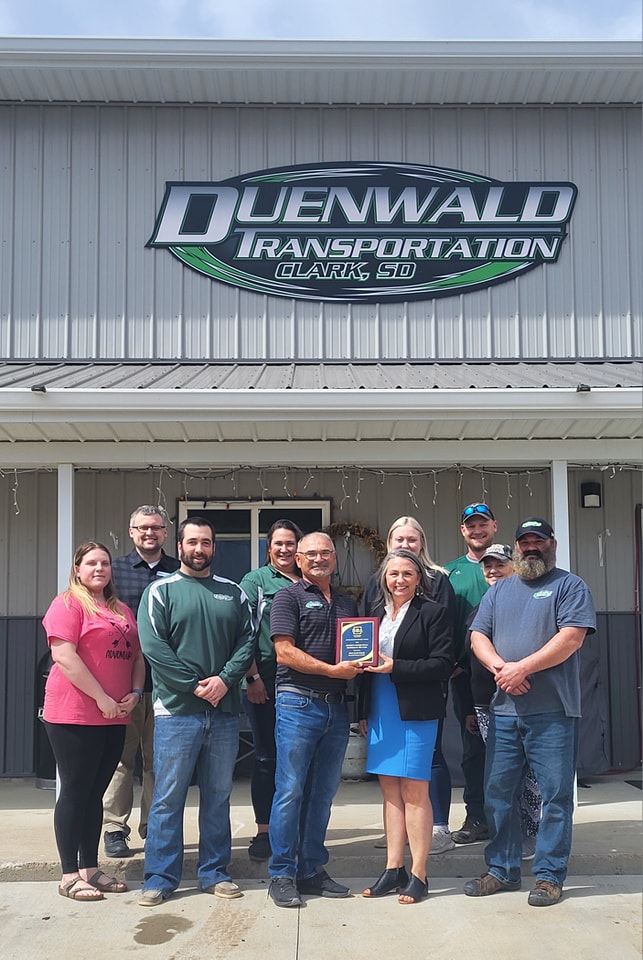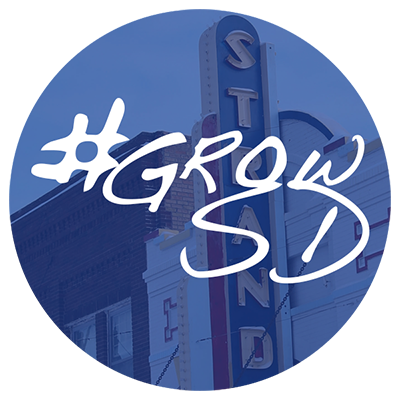5 Myths About Rural Youth
Monday, September 22, 2014
By Craig Schroeder, Senior Fellow
Introduction:
Over the past decade, through the active involvement of community leaders and educators, surveys have been completed with more than 30,000 middle school to high school age youth across rural America and in Victoria Australia. In addition, representative groups of young people have participated in focus groups, providing further insights into attitudes and perspectives about their future and the future of their rural communities. Finally, rural community leaders have been actively engaging youth
and cultivating opportunities for them to stay or return to their hometowns. The following five myths discuss important misconceptions about young people and the future of rural communities based upon this extensive body of work.
Myth 1. Young people don't appreciate rural communities.
Forty-six percent (46%) of rural youth surveyed nationally rate their hometown as an above average to excellent place to live as a young person.
Rural youth participating in focus groups provide very consistent responses when asked to describe what they like best about their hometowns including, “strong family ties, small town quality of life, friendly and safe environment.” They also share common perspectives about improvements needed to
make their hometown a more attractive place of youth to live such as, “more local recreation, shopping and restaurant options, better local career opportunities, and less emphasis on just school and sports activities.”
Myth 2. Youth don't want to be involved in their community.
Young people from rural communities participating in focus groups commonly express frustration that they are not asked for their input on important community decisions and are interested in being involved in community activities. They often also have well thought out ideas on how to improve their communities. A parallel concern expressed by youth who have been asked for their input is that they feel their contributions were not valued or acted upon. Another issue sometimes expressed is that only a handful of youth, typical recognized student leaders, are asked without regard to the larger community of young people.
Myth 3. Youth don't want to come back to rural communities.
Right at half (50%) of rural youth surveyed nationally indicate that they picture themselves living in their hometown area in the future. Consistently, the reasons provided for this desire is connection to
family and a perspective that their hometown is a good place to raise a family.
Myth 4. There are no career opportunities in rural communities for young people.
For rural youth indicating that they do not picture themselves living in their hometown in the future, the most common responses are a perceived lack of local career opportunities and that they can make more money elsewhere.
Interestingly, a common concern expressed by rural business owners is that there are not enough skilled workers, especially in technical fields, available to help them to grow their businesses.
Myth 5. Rural communities cannot do anything about youth outmigration trends.
The results experienced by rural communities engaged with young people over the past decade clearly indicate that out-migration is not an inevitable situation. Rather, building a strategy upon a foundation of local assets and resources that helps young people pursue local career and business opportunities, become involved as active community volunteers and leaders with the support of adult mentors, and prioritizing investments in youth enterprises, is what makes a difference.
Three success stories illustrating this approach to youth engagement include Holt County, NE;
Taking Action:
If you want to move beyond the myths to achieve real results in attracting youth and new residents to your community, you need a proven strategy. This strategy needs to address economic opportunities, leadership, mentoring and investment in the priorities of your young people. To discuss creating such a strategy, built upon local assets and resources, please contact Craig Schroeder at craig@e2mail.org.
The Center for Rural Entrepreneurship’s mission is to help community leaders build a prosperous future by supporting and empowering business, social and civic entrepreneurs. With our roots and hearts in rural America, we help communities of all sizes and interests by bringing empowering research together with effective community engagement to advance community-driven strategies for prosperity.
Our Solution Area Teams empower community leaders to find their own
answers to the economic development challenges and opportunities they face:
- - Community Development Philanthropy provides effective strategies to build local philanthropic capacity and generate development resources.
- - New Generation Partnerships provides a framework for engaging young people now and attracting them in the future.
- - Entrepreneurial Communities provides a roadmap for designing and delivering entrepreneurship strategies that work.
For tools and resources, visit the departments in e2 University at
http://www.energizingentrepreneurs.org/library/e2university.html.
To learn more about the Center, go to www.energizingentrepreneurs.org.
421 S. 9th Street, Suite 245
Lincoln, NE 68508
(402) 323-7336
Category: (none)






